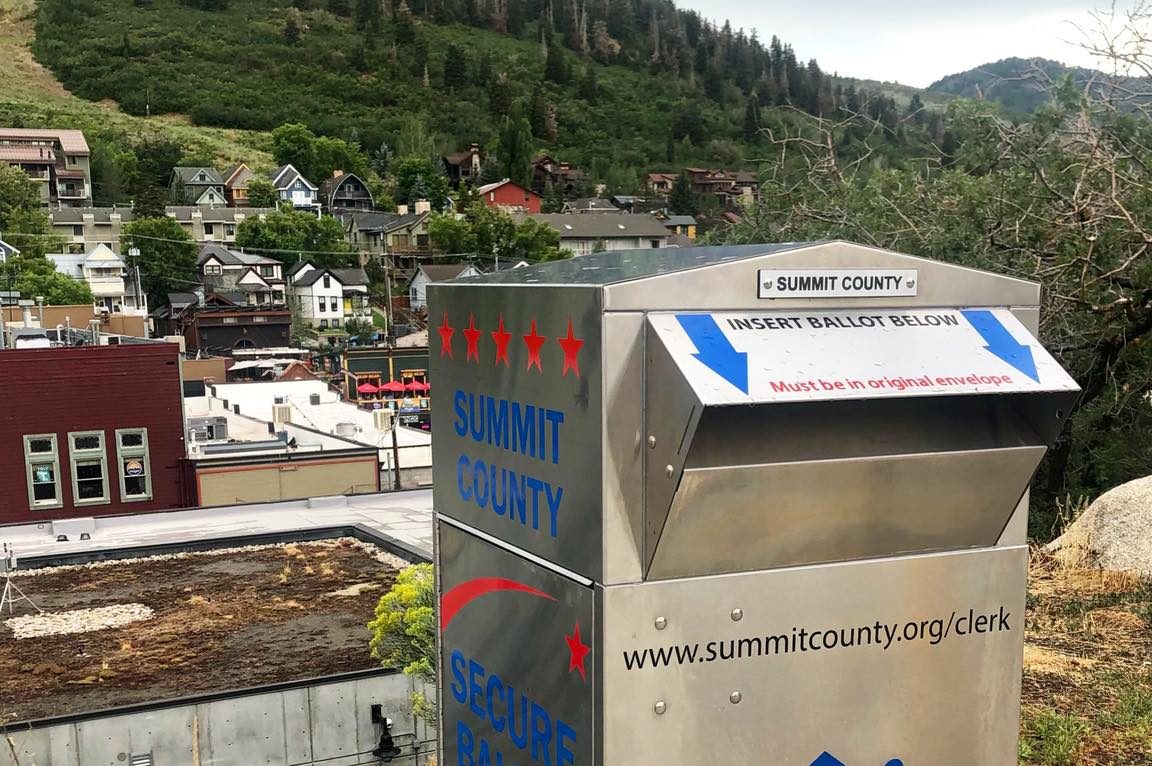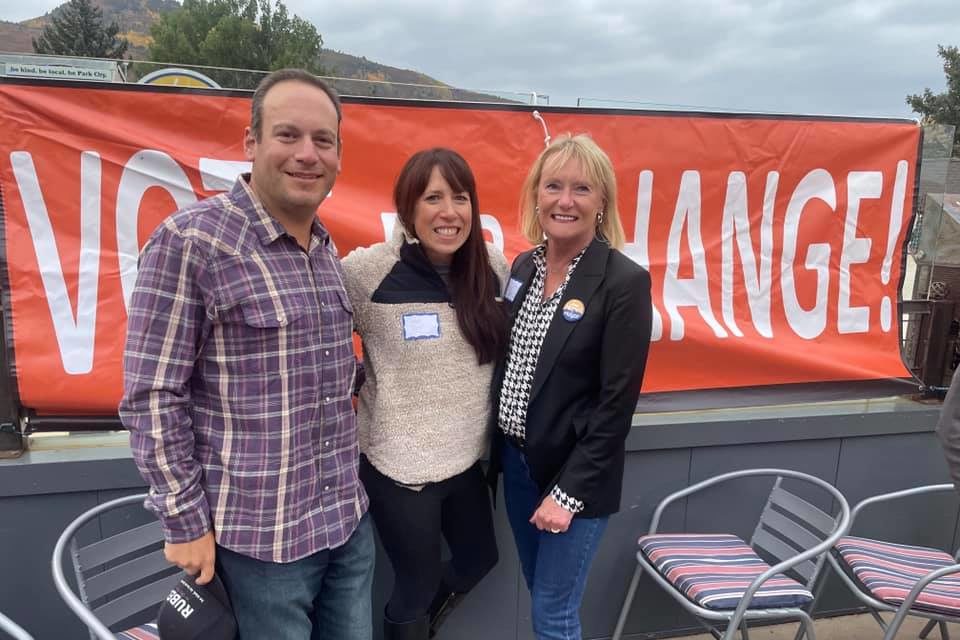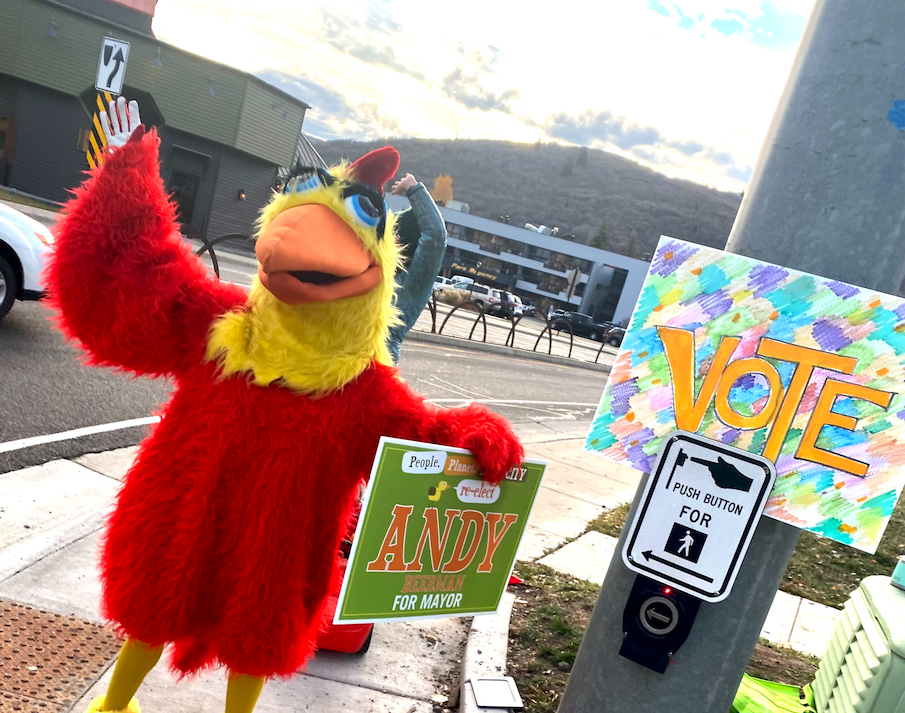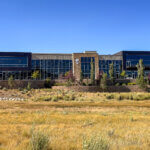News
PCHS sophomore moderates climate debate
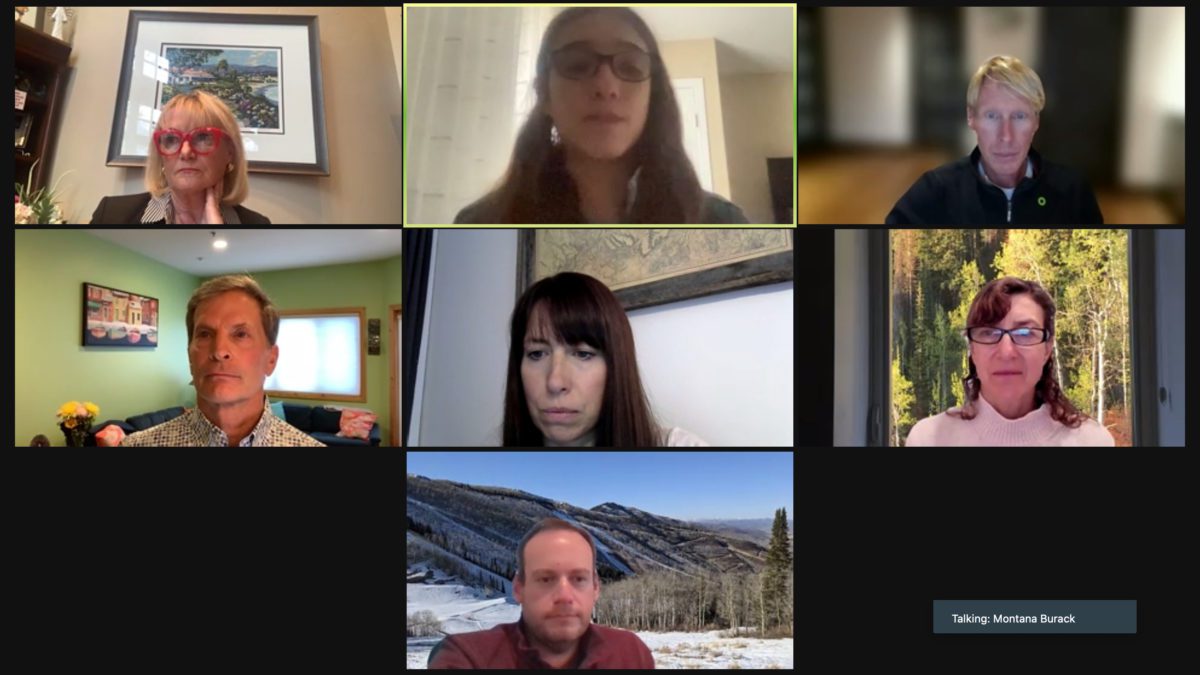
Photo: Citizens Climate Lobby
PARK CITY, Utah — The Citizens’ Climate Lobby Wasatch Back Climate Solutions Debate with Park City electoral candidates was more of a roundtable discussion, as everyone running for office appeared to understand Park City’s crucial leadership role in implementing green policies at a local level.
The debate was moderated by Montana Burack, a sophomore at Park City High School.
Below are some highlights of what each candidate had to say + the full debate that took place over Zoom:
Mayor
Andy Beerman: On the upfront costs of addressing climate change — “One of the challenges when we had to get state legislation changed to be able to convert to utility-scale renewables, part of the reasoning behind that is because the utilities have something that’s called stranded cost. So when they build a coal plant or a natural gas plant those plants, they amortize those over 50 years or something and attach that to your rate. So when you go to switch over power source they want to charge you for however much of that is left, which is significant for most of these communities. so we had to negotiate our way through that for a reasonable deal. But the good news for Park City and Summit County and the other communities joining this is we’re now no longer tied to fossil fuels as our future. And so if there are if there is a carbon tax, or a carbon fee that goes into place. We are going to be exempt from that because our energy is going to be coming from renewables, So, it’s really hard to predict where, where all this is going, but I think it’s safe to say that. Fossil fuels are going to become increasingly expensive so it’s a great time to untether ourselves from those.”
Nann Worel: On the topic of educating visitors — “That starts with a partnership with our lodging partners, saying a minute somebody books, ‘we’re so happy that you’re coming to Park City, let us tell you a little bit about our community, and what we value. Let’s talk about our sustainability practices because Park City is trying really hard to be a leader in this area to be a role model for other communities.’ And I think people will come along, they just need to know, what are the rules. Yes, when people are on vacation, do they want to have longer showers and use more towels — absolutely they do, but I think that that’s important that we have that conversation upfront starting from the minute that they book until they come into town.”
City Council
Tim Henney: “When I moved here in 1992, we used to have winters that now I look back on and I go wow — those were epic winters, I mean, it was like being a three-year-old again when snow was above your waist and sometimes up to your chest, and that was regular, that was a regular occurrence. There was also a glacier on Mount Timpanogos that never went away all summer long, that, I mean for the first 10 years I lived here, there was always snow and significant snow on Mount Timpanogos up top. There’s never snow on Timpanogos in August anymore so that’s the magnitude … We are headed for a massive crisis in the next 30 years, and I don’t hear the sense of urgency. I’m not seeing the participation from people that is going to be required. And we got to get there folks, we got to acknowledge this, we’ve got to embrace it. You know we do have people who still think Kentucky Bluegrass is the best thing for Park City lawns and, they’re gonna irrigate and water and we’re at the top of the water cycle and it’s just not a good thing. If we continue to ignore it and deny it.”
Jeremy Rubell: “I’m a consultant with energy and utility organizations. I have been for almost 20 years now, with the big four firms, I’ve worked with KPMG, Price Waterhouse, Deloitte. And I’m usually on the other side of that fence so I represent the utilities, I work for the utilities I should say, I’m a business consultant… there are a lot of programs that can work and there’s a lot of intricacies into the programs that are even underway, and I’m glad that Park City as a municipality is going down the path that we are for the municipal energy and getting into renewables and everything. One of the important things to remember as we do this right is sort of being green is expensive. There’s a cost to it. And it’s just another barrier that we have to overcome. It’s one of those things that we’re fortunate as a wealthy municipality to be able to do. But we also have to make sure that the residents and our community know the impact and really are clear on the costs of a lot of things that we’re doing.”
Tana Toly: On local businesses being green — “1/5 of all the water that’s used in the US is used to produce food that ends up going to waste, so that just shows us a water problem and a food waste problem. And especially owning a restaurant and understanding how much waste do we use, we actually do not have a ton of waste. Except for when customers leave their food, but it’ll be really great for us to as a community look at where we can make initiatives…compostable takeout containers, environmentally-friendly toiletries, bulk amenity buying, environmentally friendly cleaning products, and alternatives to plastic toxic room keys. I think there’s a lot of ways the tourism industry here can start really making an impact on climate change.
Full debate:
Appreciate the coverage? Help keep Park City informed.
TownLift is powered by our community. If you value independent, local news that keeps Park City connected and in the know, consider supporting our newsroom.
















